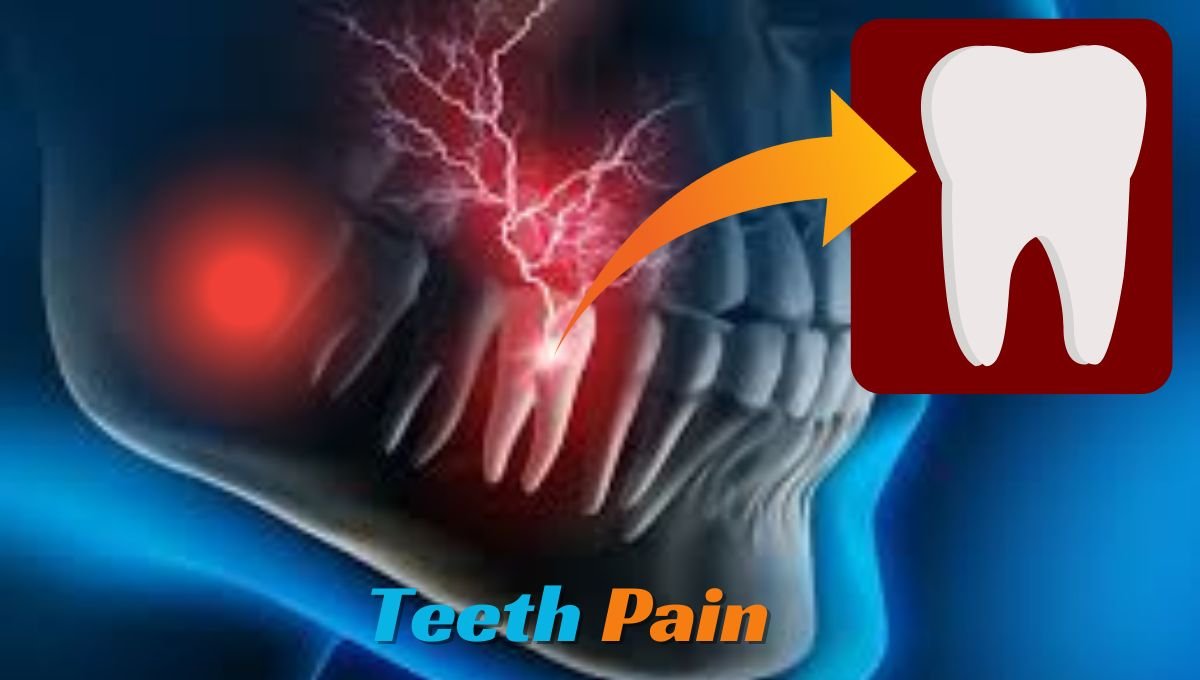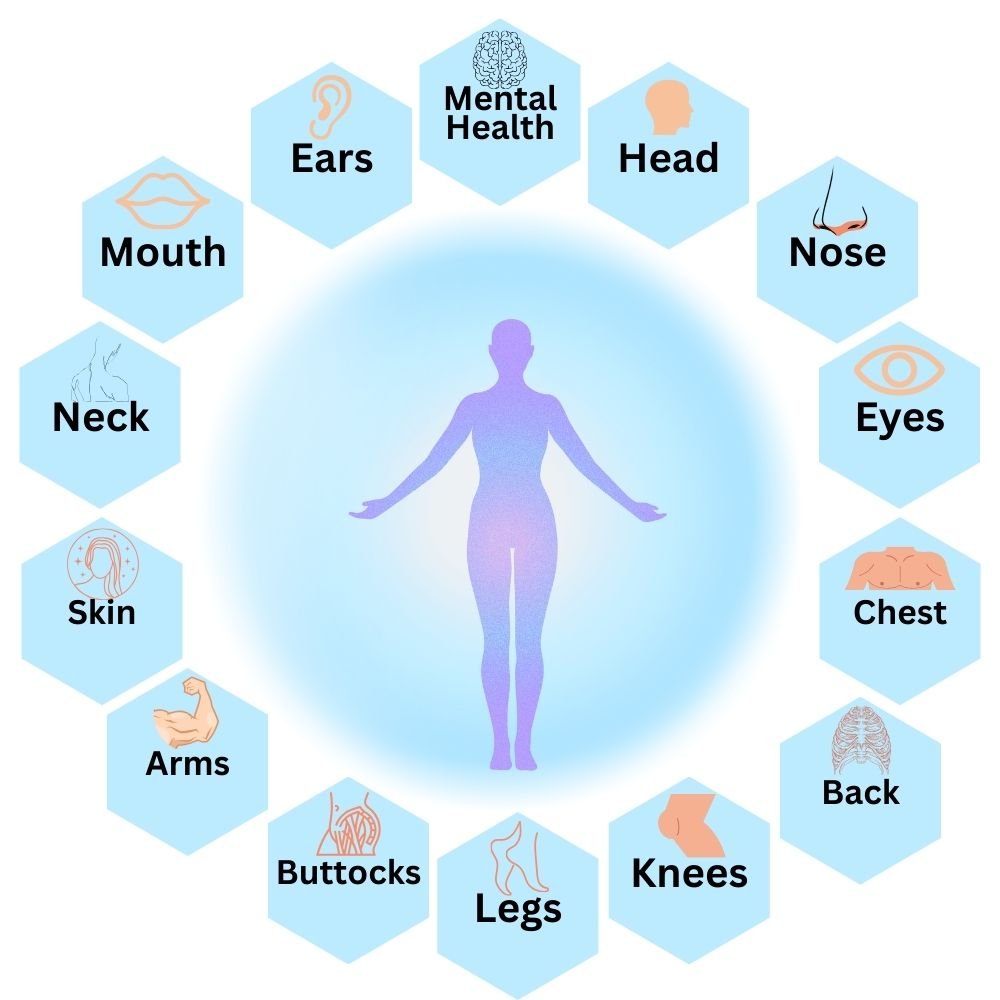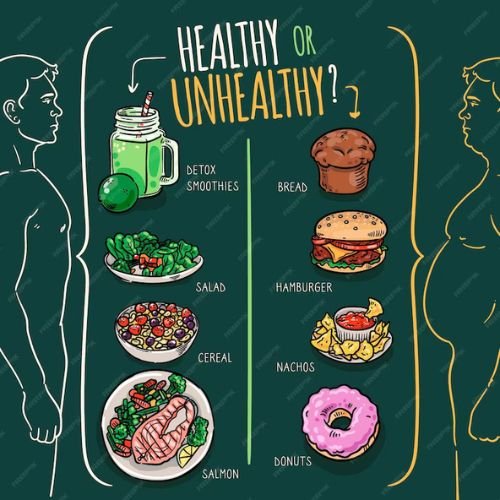Teeth pain, also known as dental pain or toothache, can be a distressing experience affecting individuals of all ages. It can range from mild discomfort to severe throbbing pain, often interfering with daily activities such as eating and speaking. Understanding the reasons behind tooth pain, appropriate treatment methods, necessary tests, and preventive measures is crucial for managing this common dental issue effectively.
Post Views: 31










